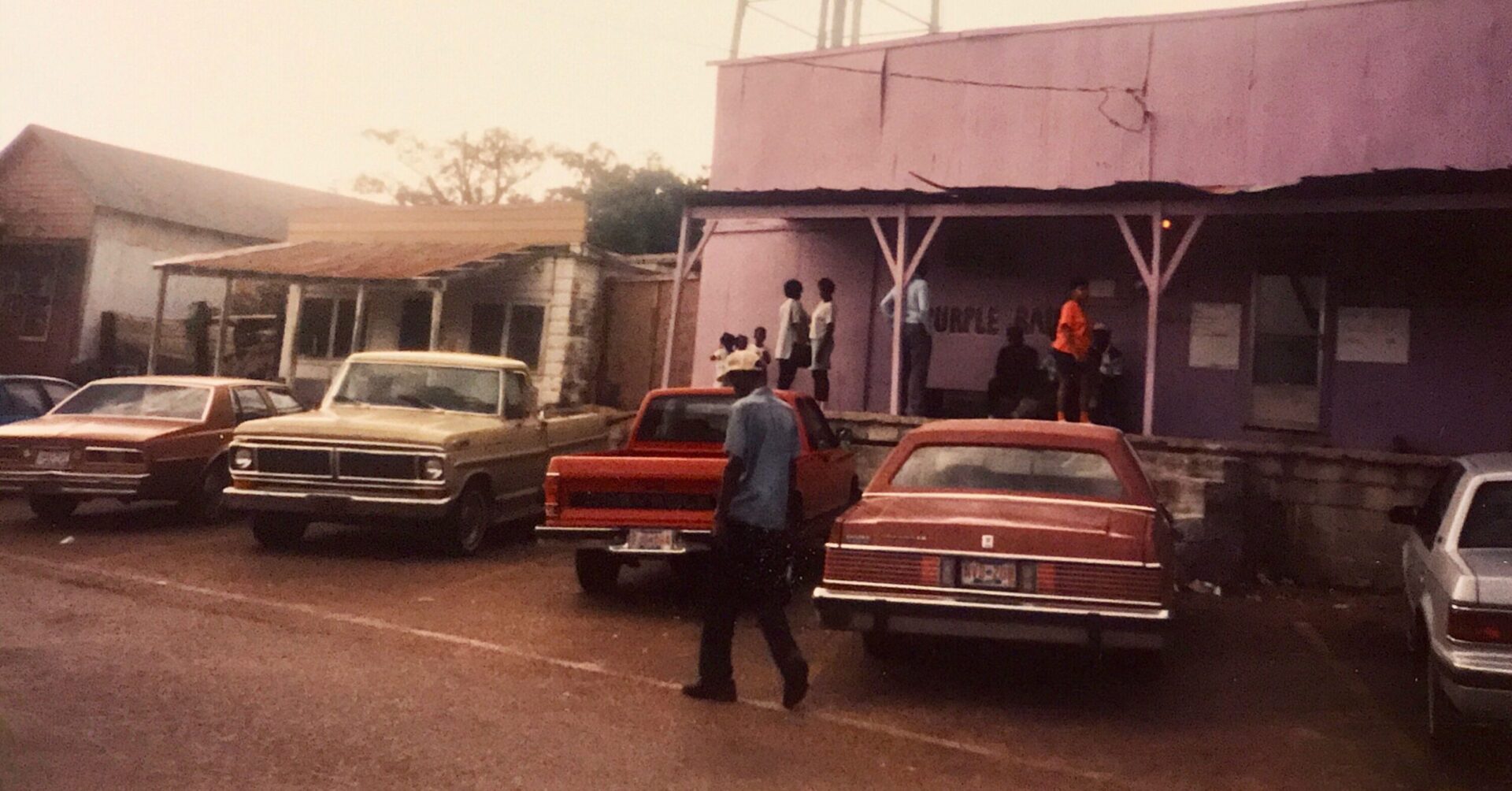Juneteenth Festival, Douglass Park, North Memphis, June 18, 2011
Month: June 2011
Memphis Activist Dr. Coby Smith at the Juneteenth in Douglass Park
Dr. Coby Vernon Smith, noted Memphis activist and educator, is the first African-American student to attend Southwestern University at Memphis, which is today Rhodes College. In the spring of 1967, with Charles Cabbage and John Burrell Smith, he founded an organization called the Black Organizing Project in Memphis. Feeling that the mainstream civil rights movement was primarily geared to integrating the black upper class with white society, BOP took on the task of organizing the ghettos, particularly youth. In the Riverside neighborhood around Carver High School the name BOP was gradually replaced by The Invaders, and it would be this name that was spread by local media and which would be remembered. The Invaders marched for the Memphis sanitation workers in 1968, taught Black history classes in storefronts in North Memphis and South Memphis, marched with hospital strikers, and marched across Arkansas with Lance “Sweet Willie Wine” Watson in 1969. Although the media attempted to consistently link the Invaders to violence and hatred of whites, reporters rarely allowed the Invaders to rebut such charges, or to state what their organization stood for. At a time here in 2011 when the rights of union members and sanitation workers in Memphis are under attack from politicians, it is important for Memphians to remember the lost legacy of The Invaders.
Juneteenth in Memphis’ Douglass Park
Juneteenth in Memphis is held every year at Douglass Park in North Memphis, and it is always a big event, full of live music, dance, vendors, food and fun. Saturday June 18, 2011
A Great Steak Dinner in the Delta at The Cowpen in Lake Village, AR
My cousin Marcy was up from Miami visiting my Uncle Owen and his wife Nancy in Greenville, Mississippi, so I drove down on Friday the 17th to see them, and we ended up going across the river to the Cow Pen steakhouse near Lake Village, Arkansas. Few restaurants have offered as perfect a meal as I had here, with a filet mignon and baked potato. Not fancy, and nothing unusual, but just classic American steak and potatoes done reaqlly well. Well, there is one thing unusual. They offer Italian and Mexican menu items as well, and I was told by those who tried them that they were good as well. Not inexpensive, although nowhere near what a similar meal would cost in a big-city steakhouse.
At the Crossroads of Blues History in Rosedale
Rosedale figures prominently in Mississippi blues lore. It is thought to be the hometown of Robert Johnson’s woman that lived “by the riverside”, and its Bruce Street was a small-town version of Memphis’ Beale Street or Jackson’s Farish Street. What is not clear is what has happened to Bruce Street. Most of the buildings are gutted, empty walls, or just foundations. As for the juke joints still standing, it seems not at all clear as to whether they are still open for business, or if they too have been abandoned. On one set of walls was spray-painted the name “Poor Eddie.” I was wondering if he had been the owner of the building before what ever happened to it happened, but I soon met Poor Eddie, who was standing with a group of men near the only joint that looked as if it might still be in business. Eddie took it upon himself to be my tour guide (expecting to be paid a little something of course), but he reconstructed the street in my mind’s eye as he named the owners of each building and what went on in them when they were up and running. In my haste to get to Greenville where relatives were waiting for me, I forgot to ask him what had happened to Bruce Street. Perhaps it was simply what had happened to the rest of the Delta-farm mechanization, extreme poverty and people moving away. All a little sad. But I gave Poor Eddie a couple of dollars for a “cold drink” and headed on down Highway 1.
The Sound of Memphis: Check out the new video from The Bo-Keys “Got to Get Back”
The new album from The Bo-Keys is out today and has already gotten rave reviews:
“Breathes new life into classic sounds… a Memphis tour-de-force.”
— Meredith Ochs, NPR’s All Songs…
The Sound of Memphis: Check out the new video from The Bo-Keys “Got to Get Back”
A Twilight for Lula
Lula, Mississippi is actually the nearest town to the riverfront casino in Coahoma County, but that fact has not helped it much. Boarded up buildings and gang graffiti tell the story, although I suppose if a town has gangs, it cannot be considered a ghost town.
Dundee, Mississippi looks a little bigger than the towns above it, and it still has an open elementary school. But this beautiful church, last used as a Masonic lodge apparently, has been allowed to fall into ruins.
Maud, Mississippi has fared no better than Clayton. Of interest is the abandoned residential house on the old Main Street next to the commercial building, which might have been a bank or a mercantile.









